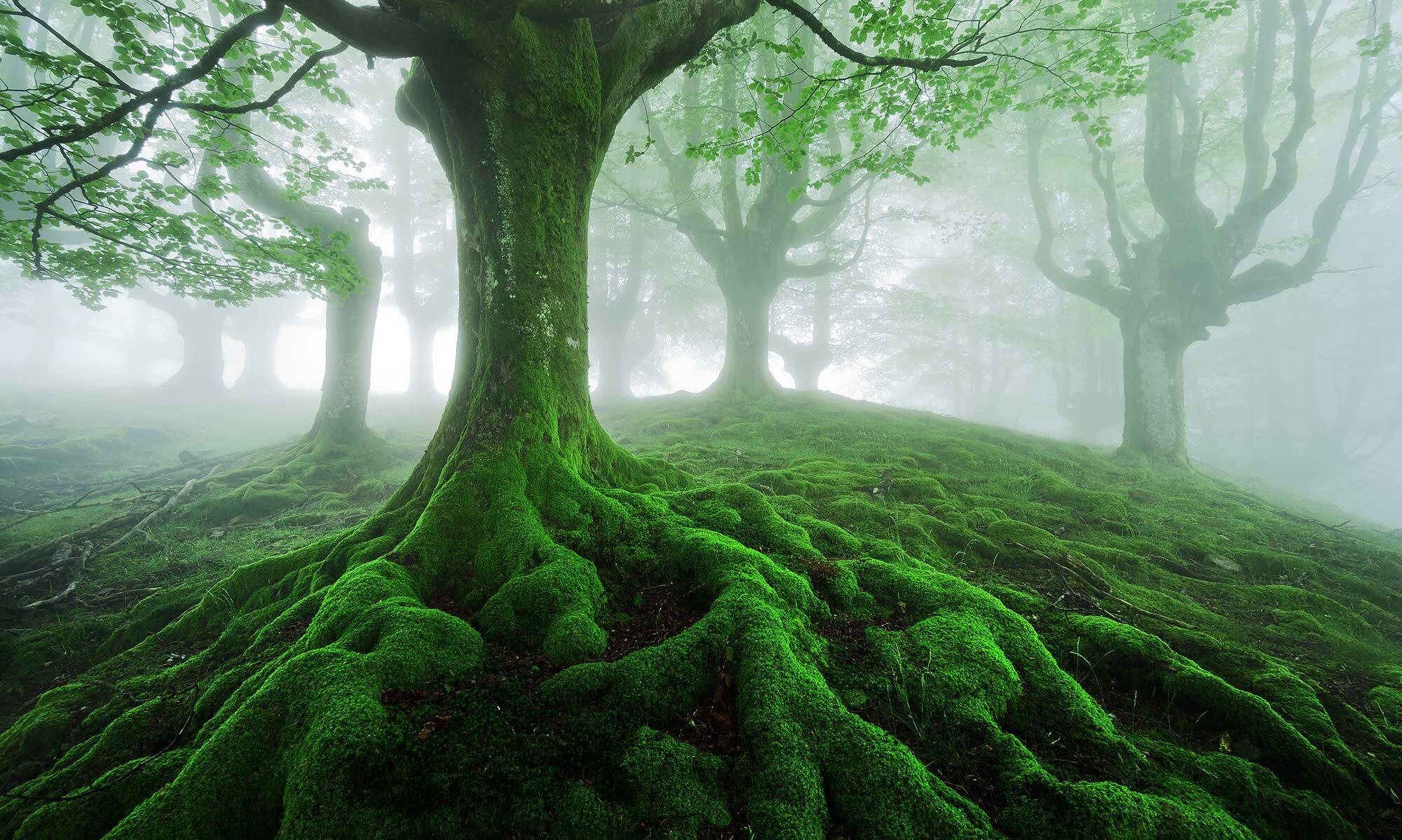Among all the seasons of the liturgical year of the church, Advent is the most focused on the future, when God’s vindication of the people of God will come to fruition. This theme, emerging from Israelite expectations of divine restoration, animates Isaiah 35:1-10. That passage is set in the Babylonian eExile but looks forward to a divine rescue of the people of Israel, celebrated by a definitive change of natural as well as social conditions. Although God’s gracious action is to culminate in the future, divine mercy is already evident in God’s help of those who are oppressed (Psalm 146:5-10) and those who rely humbly on divine support (Luke 1:46b-55). Their faith looks forward to its consummation, however, in a final, future judgment (James 5:7-10); Matthew 11:2-7 portrays John the Baptist as the classic New Testament bearer of this perspective.
The First Reading
Isaiah 35:1-10
The Joy of Return and Restoration
This reading from the book of Isaiah celebrates with vivid imagery the transformation of a forbidding wasteland into a royal road for the people of Israel to return from exile in Babylon. Earth and its elements, animal life and its savagery, fear and paralysis, foolishness and confusion—all of these evaporate together with the grief and groaning of the people. As God opens the way for return and restoration, all creation is renewed and joins in Israel’s jubilation.
—
- The wilderness and desert will rejoice;
the wasteland will celebrate and blossom like a crocus. - It will indeed blossom and celebrate, with a most celebratory shout.
The glory of Lebanon will be given to it, the honor of Carmel and Sharon;
they will see the glory of the Lord and the honor of our God. - Strengthen the weak hands; steady the staggering knees.
- Say to the trembling-hearted, “Be strong! Fear not!
Here is your God—
vindication draws near, God’s fulfillment—
God draws near to save you.” - Thus blind eyes will be made clear and deaf ears will be made to hear.
- Thus the lame like a ram will bound and the tongue of the mute will resound.
Indeed, water will erupt in the wilderness and streams in the desert. - Parched earth will become a pool and thirsty ground, springs;
the haunt of jackals, an oasis; and grassland, a stand of reeds. - There will be a high road there, that is, a way;
it will be called the Way of the Holy One.
Nothing that defiles will pass along it; it is God’s.
Treading it, even fools will not go astray. - No lion will be there and beasts will not intrude on it.
Nothing will be found there, but the redeemed will march along. - Those the Lord has rescued will return;
they will come to Zion with a shout, crowned with perpetual joy.
Exultation and joy will arrive, as grief and groaning fly away.
The Psalm
Psalm 146:5-10
God Protects the Righteous and Needy
God, who created the world, continues to support all in that world who need and deserve divine help: the oppressed as well as the hungry, orphans, and widows. These are classes of people who, lacking a human support network, have a special claim upon God for protection. The psalm’s conclusion reflects the hope that the good brought about by God’s reign will be eternal.
—
- Joyous is one whose help is the God of Jacob,
whose hope is the Lord, their God— - creator of heaven and earth,
the sea, and all that is in them;
who stays forever reliable: - doing justice for the oppressed,
giving bread to the hungry—the Lord frees the imprisoned! - The Lord gives sight to the blind;
the Lord straightens up those who are bent over;
the Lord loves the righteous. - The Lord protects outsiders;
orphans and widows the Lord supports,
but contorts the path of the wicked. - The Lord will rule forever,
your God, Zion, through every generation.
Hallelujah!
or Luke 1:46b-55
Mary’s Song
Luke’s Gospel attributes this hymn, the “Magnificat,” to Jesus’ mother, Mary, at the time of her meeting with her cousin, Elizabeth (the mother of John the Baptist). Its title derives from the Latin equivalent of the verb “exalt” in the first line. Anticipating the significance of her child’s birth and her own role, Mary articulates the themes of God’s exaltation of the lowly and rejection of human arrogance. These themes echo those of the Hannah’s song, which she sang to celebrate bringing the prophet Samuel into the world (1 Samuel 2:1-10). Thus, the Magnificat appears in the New Testament as a continuation of the psalms and prophecy of the Scriptures of Israel.
—
- Mary said:
- 46b. “My soul exalts the Lord,
- and my spirit exults in God my savior,
- since God esteemed me, God’s servant, in humble condition.
So that, look: from this moment all generations will consider me favored, - because the One who is powerful has done great things for me.
Indeed, God’s name is holy, - and God’s mercy is for generations and generations
among those who fear God, - who has acted with a mighty arm:
scattering the arrogant in their hearts’ purpose, - taking down the powerful from thrones,
and exalting the humble; - who has filled up the hungry with good
and dispatched the rich away empty. - God supported Israel as a child, keeping mercy in mind,
- just as God spoke to our ancestors,
to Abraham and to Abraham’s seed forever.”
The Second Reading
James 5:7-10
A Call for Unity and Patience while Waiting on the Lord’s Arrival
The letter of James offers a view of an early community of Jews who believed in Jesus as God’s Anointed (Messiah). These Jews experienced the social tensions and divisions in Jerusalem in the decades prior to the First Jewish War with Rome. They remained committed simultaneously to the covenanting God of Israel, the Jerusalem Temple, and faith in Jesus. Through various struggles and suffering, their vibrant expectation of Jesus’ return provided them with the strength and patience to maintain their unity in faith.
—
Be patient, beloved friends, until the Lord’s arrival for judgment. Notice how the farmer waits to receive the best fruit from the earth, being patient with it, until it receives the early and the late rain. You also, be patient. Strengthen your hearts, because the Lord’s arrival has drawn near. Friends, do not complain against one another, so that you may not be judged. Even now, the judge is already standing at the door. Friends, imitate the example of the patient suffering of the prophets who spoke in the name of the Lord.
The Gospel
Matthew 11:2-11
John the Immerser and Jesus
John the Immerser plays a key role in the readings of Advent, as the one who prepares the way for Jesus. But John’s question to Jesus from prison (where he had been sent by Herod Antipas) makes it clear that John does not fully understand Jesus’ identity. Jesus answers the question by alluding to a series of passages aggregated from the book of Isaiah. He then provides an assessment of John’s significance, adapting a quote from Malachi 3:1. John is a prophet, even more than a prophet. He is the “messenger” who will prepare God’s way, and yet Jesus still sees him as being a person more of this world (that is, “woman-born”) than of the kingdom of heaven that is to come. In that new realm, even the least gifted will have greater insight than John has now.
—
From prison John heard the deeds of the Anointed, and through his students he sent a message to Jesus. He said to him, “Are you the one who is to come, or should we expect another?” Jesus answered them, “Go back and report to John what you hear and see:
Blind people see again and the lame walk,
people with skin disease are purified and the deaf hear,
the dead are raised and the poor are given news of victory.
And whoever does not take offense at me is favored.”
“What did you go out into the wilderness expecting to see? A reed shaken by wind? Then what did you go out to see? A man attired in luxurious clothes? Look: those in royal palaces wear luxurious clothes! So why did you go out? To see a prophet? Yes, I say to you, and more than a prophet. This is he concerning whom it is written, ‘Look: I dispatch my messenger before your face, who will prepare your way before you.’ Amen, I say to you, there has not been raised among woman-born anyone greater than John the Immerser! But the least in the kingdom of heaven is greater than he is!”

